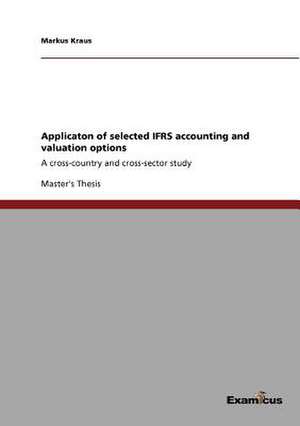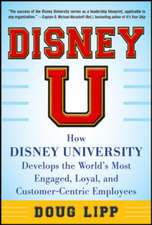Applicaton of selected IFRS accounting and valuation options
Autor Markus Krausen Limba Engleză Paperback – 15 mar 2012
Preț: 413.51 lei
Preț vechi: 510.51 lei
-19% Nou
Puncte Express: 620
Preț estimativ în valută:
79.12€ • 82.62$ • 65.34£
79.12€ • 82.62$ • 65.34£
Carte tipărită la comandă
Livrare economică 15-29 aprilie
Preluare comenzi: 021 569.72.76
Specificații
ISBN-13: 9783869431239
ISBN-10: 3869431237
Pagini: 132
Dimensiuni: 148 x 210 x 10 mm
Greutate: 0.18 kg
Ediția:2. Auflage
Editura: Examicus Verlag
ISBN-10: 3869431237
Pagini: 132
Dimensiuni: 148 x 210 x 10 mm
Greutate: 0.18 kg
Ediția:2. Auflage
Editura: Examicus Verlag




